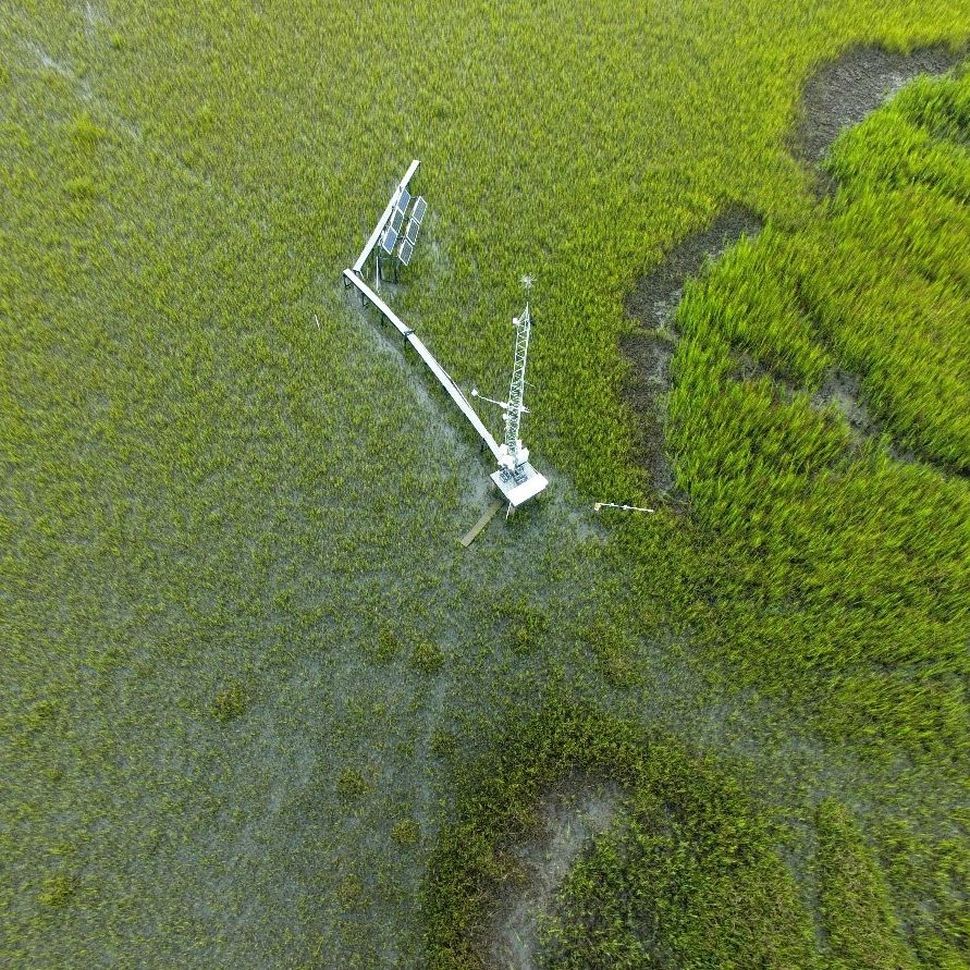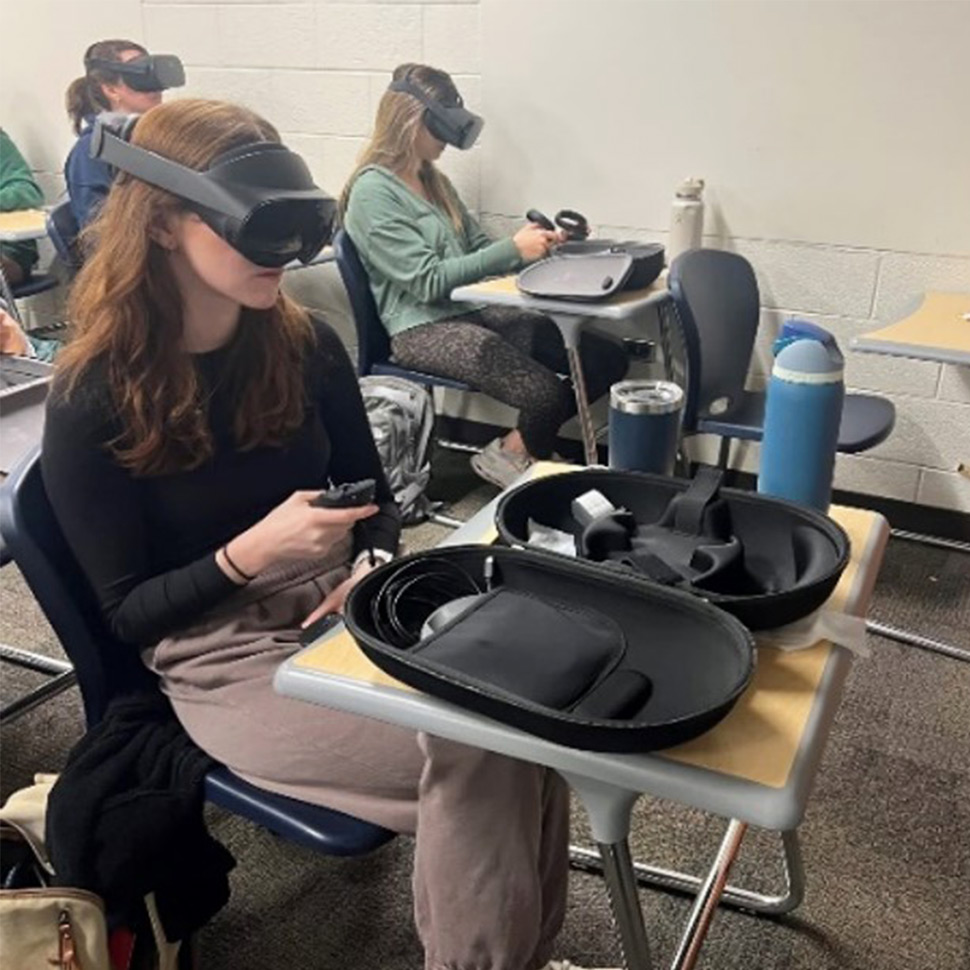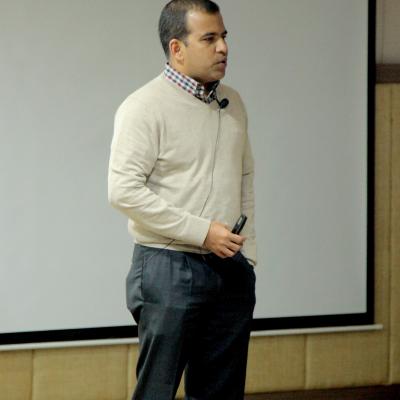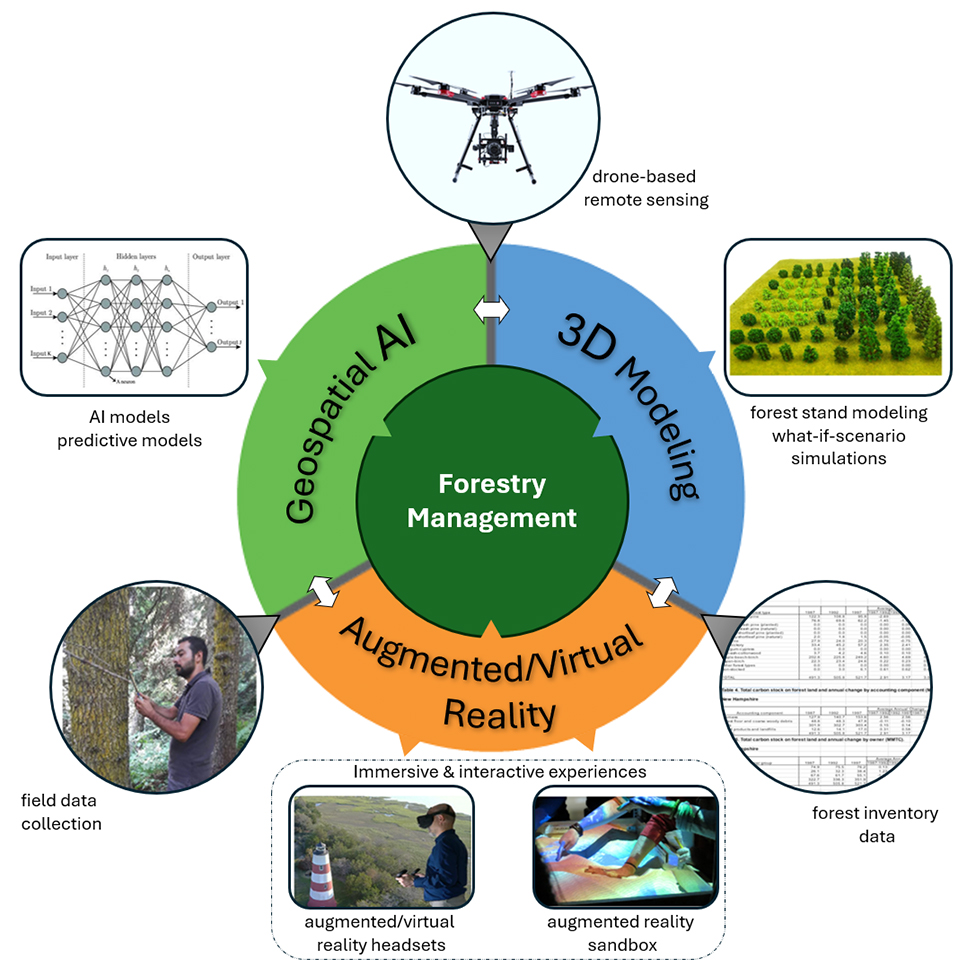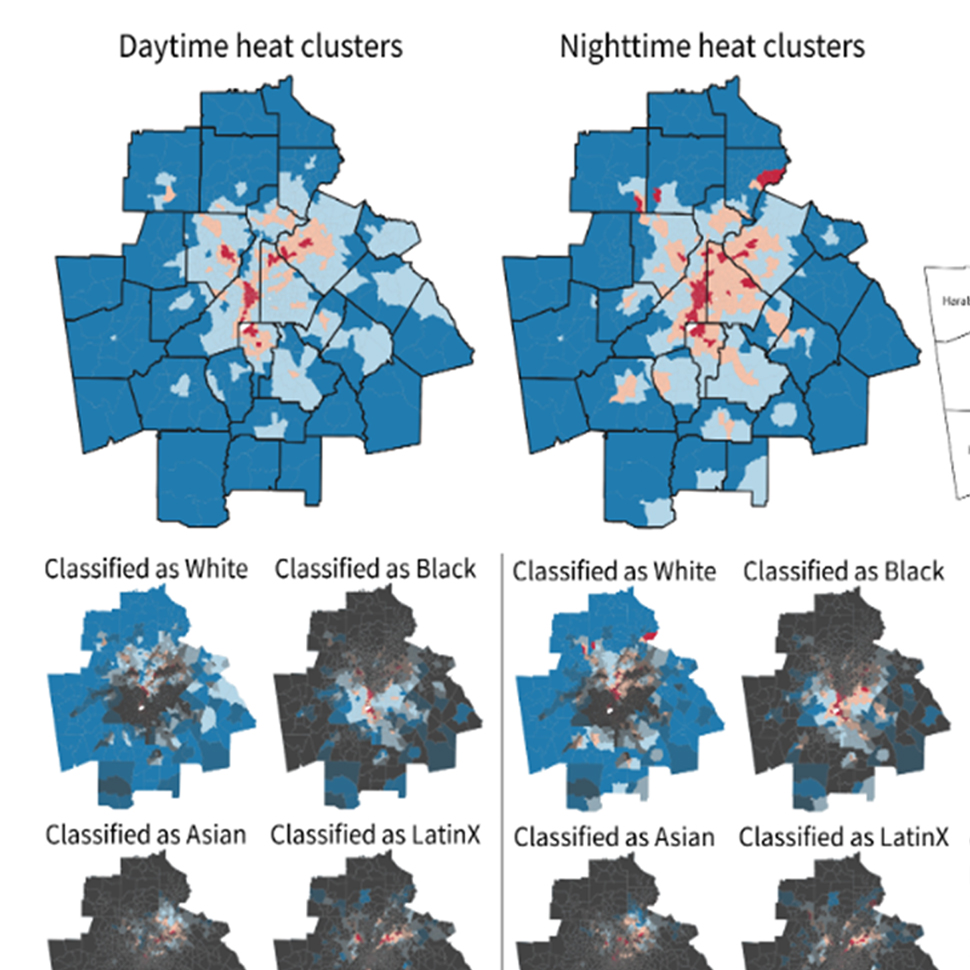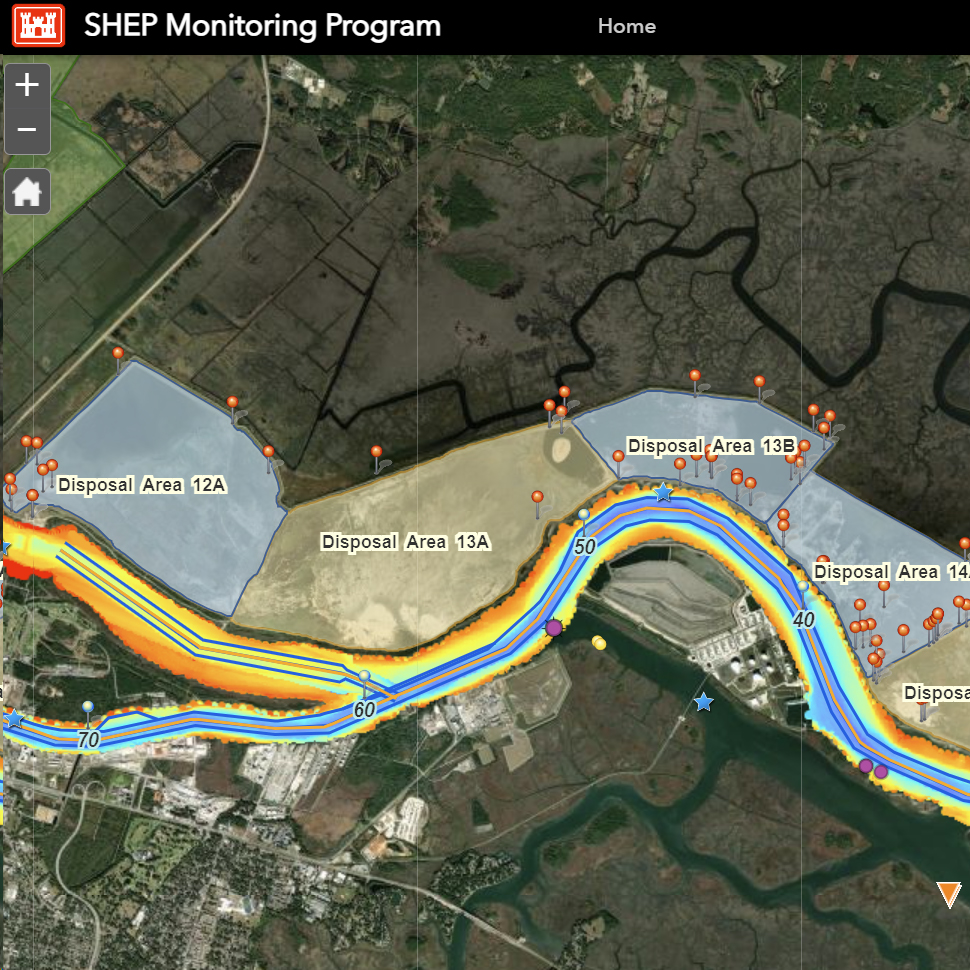
CGR receives new grant to support the Savannah Harbor Expansion Project Monitoring Program
16 Sep 2024
CGR received funds from the Army Corps of Engineers/Department of Defense, to support the environmental monitoring effort linked to the deepening of the Savannah River. The Savannah Harbor Expansion Project (SHEP) is a significant infrastructure initiative aimed at accommodating larger, more modern container ships, and this expansion is crucial for maintaining the Port of Savannah's competitive edge as one of the busiest ports in the United States.
The project also includes environmental mitigation efforts to preserve the surrounding ecosystem, reflecting a balance between economic development and environmental stewardship. CGR contributes to SHEP by creating and maintaining a comprehensive portal that offers access to a multivariate database of monitoring data, reports, as well as geospatial tools for natural resource agencies and the general public.
Center investigators: Sergio Bernardes (PI), Marguerite Madden (Co-PI)
